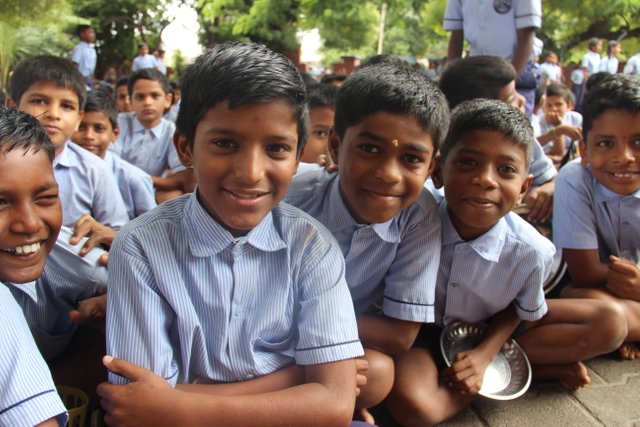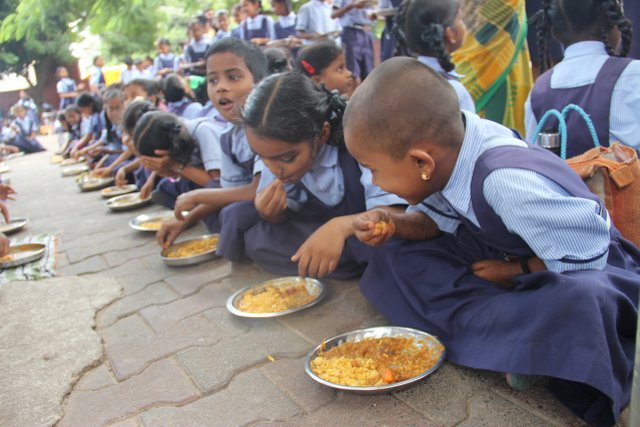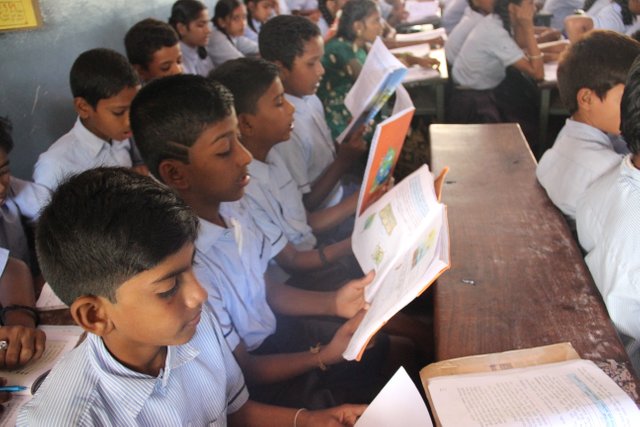Nutrition decides the quality and pace of a child's growth. Right nourishment in the first few years of life is vital to support the development of the brain and body.
Inadequate nutrition during this phase, however, may lead to a range of health problems and developmental delays. It can cause stunted growth, weakened immune systems and cognitive deficits that will hamper a child's ability to learn and function efficiently in daily life.
Undernourished children are also more susceptible to infections and illnesses; they often lack energy and motivation, making it difficult to engage in physical activities or focus on schoolwork.
Furthermore, research has found that malnutrition in the early years can also lead to chronic health issues in adulthood, including obesity, diabetes and cardiovascular disease.
Thus, a child’s diet must always contain a balanced mix of grains, millets, fruits and vegetables. A child can be given these food groups in various combinations and adequate proportions during different times of throughout the day. It will ensure that the child receives a continuous supply of essential vitamins, minerals, proteins, complex carbohydrates and healthy fats that will help them thrive and do well in life. Vitamins and minerals such as calcium, iron and vitamin D are especially important for strong bones and a robust immune system.
Nourish children with mid-day meals
Unfortunately, not all children have regular access to nutritious meals. Financial challenges and food insecurity can make it challenging for families to provide their children with the nourishment that they need. As a result, many children suffer from malnutrition and resulting health consequences.
This is where non-profit organisations can make a significant impact. Today, many NGOs run dedicated programmes to provide regular and healthy meals to children from challenging socioeconomic backgrounds, especially in developing countries where malnourishment and child mortality is high. Some of these NGOs are taking a step ahead by serving free lunch in low-income schools to incentivise children to attend school regularly.
One such initiative, the PM POSHAN Abhiyaan (formally known as the Mid-Day Meal or MDM Programme) in India, is being implemented with the collaborative effort of the governments, NGOs and the public. The mid-day meals (MDM) served under the scheme have not only improved the nutritional profile of children but also raised school enrolment, attendance and retention rates. This, in turn, has led to better academic performance of children and increased opportunities for their future success.
Furthermore, mid-day meals (MDM) can also help break the cycle of deprivation and malnutrition. When children have regular access to balanced meals, they will grow up healthy and strong. It will support their physical and mental health in the long term and enhance their ability to achieve their full potential in life.
Conclusively, proper nutrition is critical for child development. Malnutrition during the early years can lead to a host of health problems that also come with long-term consequences. NGOs play a significant role in ensuring that children from low-income backgrounds have access to wholesome meals every day with incentives to support their overall progress and help them transcend their socioeconomic boundaries.
By supporting NGOs that feed children, you also become eligible to gain tax exemption on every contribution you make.
Help gift healthy childhoods and brighter futures to children with your support.


